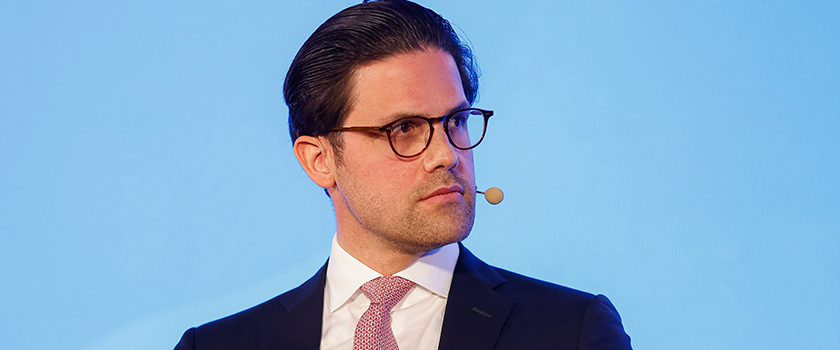Bilan (22.02.2023) - After 2022 brought an 18% fall in the MSCI AC World index, global markets began 2023 with a rally spanning various asset classes.
The optimistic mood was supported in January by lower US and eurozone inflation figures, along with the announcement that China would open its borders for international travellers. The positive tone also reflected an adjustment of expectations among investors, who are now predicting a less severe global recession, while stocks that were oversold in 2022 – like Amazon, Tesla, Meta and Nvidia – rebounded strongly in 2023. However, alongside January’s positive macroeconomic news, other indicators painted a fairly gloomy picture. Tech giants Amazon, Microsoft and Alphabet all announced major job losses, while Tesla cut prices in order to maintain growth. Global expectations regarding 2023 earnings per share (EPS) growth were downgraded further to 2% by the end of January (from 8% at the end of June 2022), due to serious pressure on margins in the energy and materials sectors. In February, certain macroeconomic figures started to weigh on the initial January rebound. Inflation rose slightly in the US but also Switzerland, causing investors to refocus on the rhetoric and positions adopted by central banks. Given the current uncertainty, equity investors should favour strategies with a convex profile: in other words, strategies that give them exposure to market rallies in response to stabilising global growth, while providing protection against market declines resulting from the deterioration in earnings and the earnings outlook for 2023. Historically, the Swiss market has shown this convexity in abundance. Switzerland stands out through the resilience of its consumers and economy, whereas certain inflation components – particularly food, energy and transport prices – are critical pressure points for its neighbours. As regards 2023 EPS, forecasts suggest that the Swiss market will deliver 8.4% growth due to its exposure to more defensive sectors like healthcare and consumer staples.
In 2023, therefore, investors should position themselves to withstand reduced earnings visibility, while maintaining exposure to expected rallies. As inflation stabilises and rate hikes slow, the factors holding back consumer demand and corporate earnings should fade throughout the year. While the situation is already beneficial for Swiss equities, these developments could create better conditions for global equity returns in general.

Eleanor Taylor Jolidon
Co-Head of the UBP Swiss & Global Equity team
View her Linkedin profile

Martin Moeller
Co-Head of the UBP Swiss & Global Equity team
View his Linkedin profile








